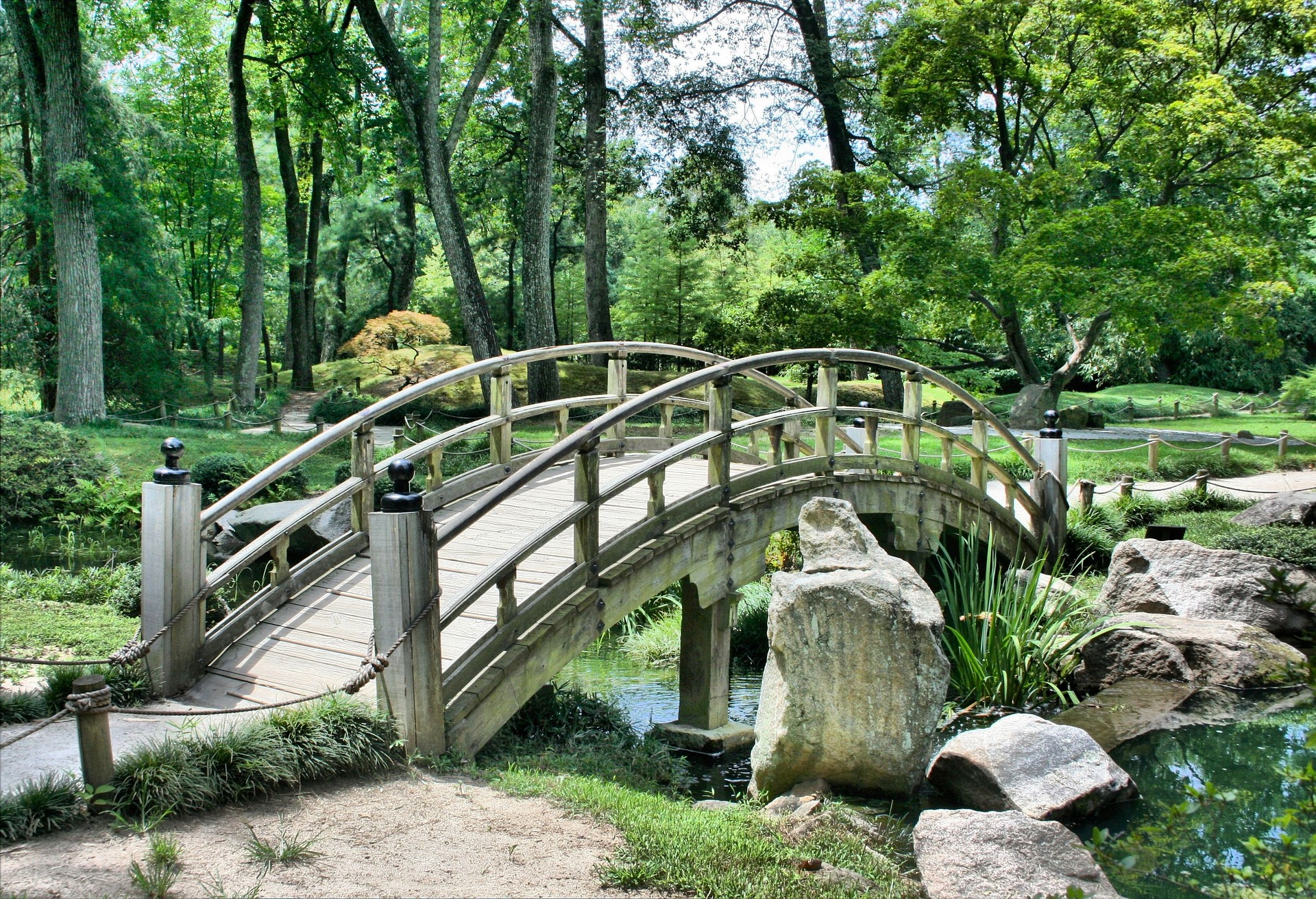Overview of Landscaping Roles in Japan
Landscaping involves designing, maintaining, and improving outdoor spaces, including gardens, parks, and commercial properties. Roles in this field may include planning layouts, planting, pruning, and ongoing maintenance. This article offers an overview of the types of landscaping positions in Japan, the skills needed, and the responsibilities associated with each role.

What Types of Roles Exist in Landscaping in Japan?
The Japanese landscaping industry features several distinct career paths, each requiring different levels of expertise and specialization. Garden maintenance specialists, known as “niwa-shi,” focus on preserving traditional Japanese gardens found at temples, ryokans, and private residences. These professionals must understand classical pruning techniques, seasonal plant care, and the philosophical principles behind Japanese garden design.
Landscape architects work on larger-scale projects, designing public parks, corporate campuses, and residential developments. They collaborate with urban planners and architects to integrate green spaces into modern infrastructure. Many positions require familiarity with both Western landscape design principles and traditional Japanese aesthetics.
Tree care specialists, or arborists, maintain urban forests and street trees in cities like Tokyo and Osaka. This role involves tree health assessment, pruning, and removal services. Golf course maintenance staff represent another significant employment sector, given Japan’s numerous golf facilities that require year-round upkeep.
What Skills Are Important for Landscaping Roles?
Technical horticultural knowledge forms the foundation of landscaping careers in Japan. Understanding soil composition, plant biology, irrigation systems, and pest management proves essential across all roles. Many positions require knowledge of specific Japanese plants and their seasonal care requirements.
Physical fitness and manual dexterity are crucial, as most landscaping work involves outdoor labor, lifting heavy materials, and operating specialized equipment. Proficiency with tools ranging from traditional Japanese pruning shears to modern machinery like excavators and irrigation systems is highly valued.
Cultural awareness distinguishes successful landscaping professionals in Japan. Understanding the symbolic meaning of plants, stones, and water features in Japanese garden design helps create authentic and meaningful landscapes. Language skills, particularly technical vocabulary related to plants and construction, facilitate communication with colleagues and clients.
Business skills become important for those pursuing independent contracting or management roles. Understanding project estimation, client relations, and seasonal workflow management helps landscapers build sustainable careers in this competitive field.
What Responsibilities Do Landscaping Workers Typically Have?
Daily responsibilities vary significantly depending on the specific role and work environment. Garden maintenance workers typically spend their time pruning plants, raking gravel patterns, cleaning water features, and removing debris. Seasonal tasks include leaf removal in autumn, snow protection in winter, and preparation for cherry blossom viewing in spring.
Landscape installation crews handle more intensive physical work, including soil preparation, plant installation, hardscape construction, and irrigation system setup. These teams often work on tight deadlines to complete projects before seasonal weather changes.
Administrative responsibilities frequently include maintaining work logs, ordering supplies, and coordinating with other contractors. Safety compliance represents a critical aspect of the job, requiring workers to follow proper procedures when using chemicals, operating machinery, and working at heights.
Customer service skills prove valuable when working in visible locations or interacting directly with property owners. Many landscaping professionals must explain maintenance schedules, seasonal expectations, and care recommendations to clients unfamiliar with Japanese gardening principles.
The landscaping industry in Japan offers stable employment opportunities with potential for career advancement through specialization and experience. Traditional skills remain highly valued alongside modern techniques, creating a unique professional environment that honors both heritage and innovation. Success in this field requires dedication to continuous learning, physical capability, and appreciation for Japan’s distinctive approach to landscape design and maintenance.




